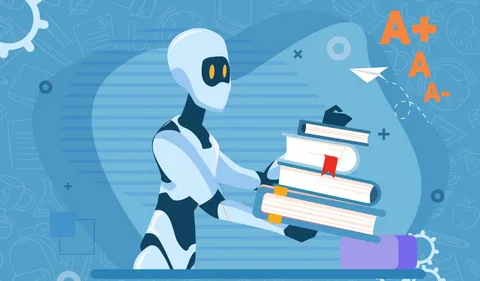Artificial Intelligence (AI) is transforming education, offering personalized learning experiences, automating administrative tasks, and enabling data-driven decision-making. However, as educational institutions adopt AI tools, they face the delicate task of balancing innovation and ethics: challenges of Education AI in modern education. While AI can enhance learning outcomes, it also raises critical ethical questions that require careful consideration.
The Promise of AI in Education
AI technologies have the potential to revolutionize classrooms. Adaptive learning platforms can customize content based on each student’s pace and learning style, helping educators provide individualized attention. Automated grading systems reduce administrative burden, allowing teachers to focus more on instruction. Additionally, AI-powered analytics can identify learning gaps and predict student performance, enabling proactive interventions.
Ethical Considerations in AI Implementation
Despite its benefits, AI in education is fraught with ethical concerns. Issues such as data privacy, algorithmic bias, and transparency must be addressed to ensure responsible use. Student data, including personal information and learning habits, is highly sensitive. Mismanagement of this data can lead to breaches of privacy or misuse. Furthermore, biased AI algorithms can reinforce existing inequalities by unfairly favoring or penalizing certain groups of students.
Striking the Right Balance
Educational institutions face the complex task of balancing innovation and ethics: challenges of AI in modern education. Incorporating AI requires not only technological investment but also ethical oversight. Schools and universities must implement clear guidelines, conduct regular audits of AI systems, and involve educators in decision-making processes to ensure ethical deployment.
Training educators to understand AI tools and their potential biases is also essential. By fostering awareness and critical thinking, schools can leverage AI effectively without compromising ethical standards.
Future Outlook
As AI continues to evolve, the challenge of balancing innovation and ethics: challenges of AI in modern education will grow more nuanced. Policymakers, educators, and technology developers must collaborate to create frameworks that maximize AI’s educational benefits while safeguarding ethical principles. The goal is not to resist innovation but to ensure that technological progress aligns with fairness, transparency, and student well-being.
Conclusion
AI holds incredible promise for modern education, but its integration cannot occur in a vacuum. By carefully considering ethical implications alongside technological advancements, educational institutions can navigate the fine line between innovation and responsibility. Balancing innovation and ethics: challenges of AI in modern education is not just a theoretical ideal—it is a practical necessity for shaping the future of learning.


